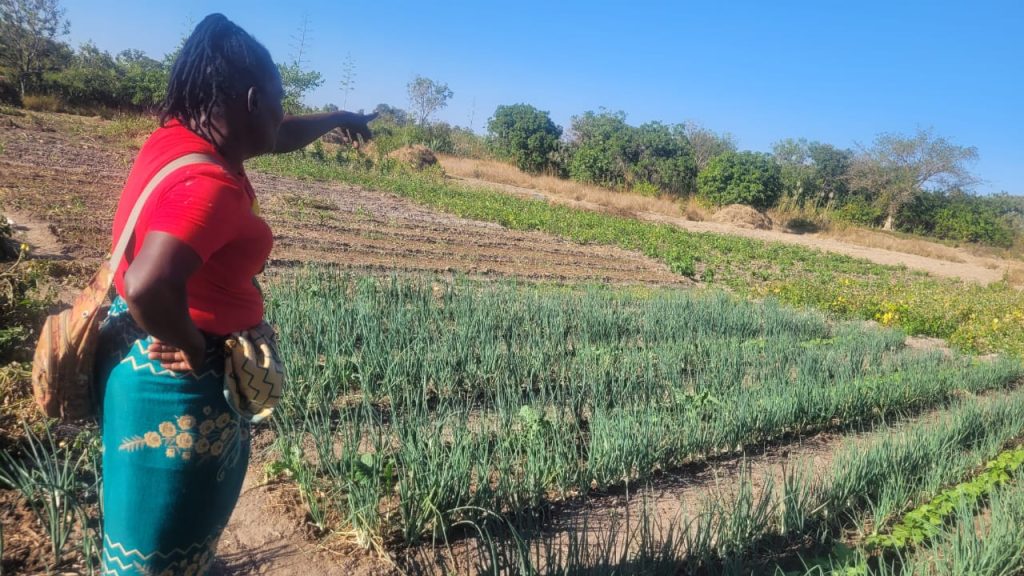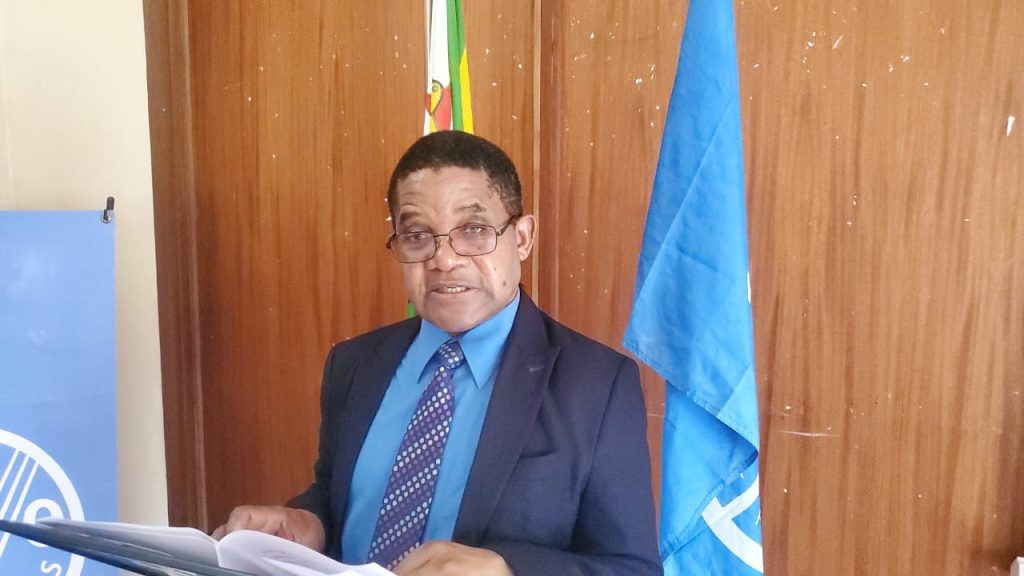DT Correspondent
Kadoma, Zimbabwe – In an effort to ensure sustainable herd growth amidst the challenges posed by climate change, the government has intensified measures to climate-proof the livestock sub-sector, according to a senior government official.
Chief Director of the Research and Specialist Services Directorate Dr Dumisani Kutywayo highlighted these efforts during the two-day stakeholder validation workshop on National Climate Action in Livestock Systems held in Kadoma.
Despite the setbacks experienced countrywide due to climate change Dr Kutywayo expressed the government’s determination to significantly expand the national herd.
“The government has initiated various approaches to contribute to the national climate action agenda, guided by the Livestock Recovery and Growth Plan Agriculture.
“Sustainable farming practices, including regenerative farming practices in livestock systems, have been prioritized.
“This may involve promoting rotational grazing, improving feed management, and optimizing the use of resources such as water and energy,” he said.
Dr Kutywayo emphasised the importance of harnessing technologies to reduce methane emissions, including the use of methane capture technologies, dietary adjustments to minimize methane production in ruminant animals, and improved manure management systems.
Additionally, he highlighted the significance of sequestering carbon dioxide and enhancing ecosystem resilience through the integration of multipurpose trees with livestock in agroforestry systems.
Livestock Research Director Mr Andrew Chamisa echoed the same sentiments and emphasized the need for climate-smart livestock production to fulfill the country’s requirements without compromising the climate.
He mentioned the exploration of alternative feeds and feed additives, such as algae-based feeds and insect protein, to reduce greenhouse gas emissions associated with livestock production.
To foster the development of sustainable livestock systems, Mr Chamisa called for support in research and innovation, focusing on reducing emissions, improving animal genetics, and enhancing feed efficiency.
He also underlined the importance of education and outreach programs to raise awareness of climate-smart practices among farmers, livestock producers, and other stakeholders, along with sharing success stories and best practices to encourage widespread adoption.
In terms of policy, Mr Chamisa emphasized the necessity of incentives and regulations to promote sustainable practices in livestock systems.
This includes the implementation of carbon pricing mechanisms, subsidies for climate-friendly practices, and stricter regulations pertaining to methane emissions.
“This involves funding research on reducing emissions, improving animal genetics, and enhancing feed efficiency.
“Education and outreach for farmers, livestock producers and relevant stakeholders to raise awareness about climate-smart practices and help them adopt sustainable farming methods. Sharing success stories and best practices to encourage widespread adoption,” he said.
Policy incentives and regulations, he said, are required to support the adoption of sustainable practices in livestock systems.
“This includes carbon pricing mechanisms, subsidies for climate-friendly practices, and stricter regulations regarding methane emissions,” he said.
The workshop, organized by the Food and Agriculture Organization (FAO) in collaboration with the Department of Livestock Research, has brought together various stakeholders from the livestock industry, including breeders, feed producers, academia, farmers, and climate experts.





